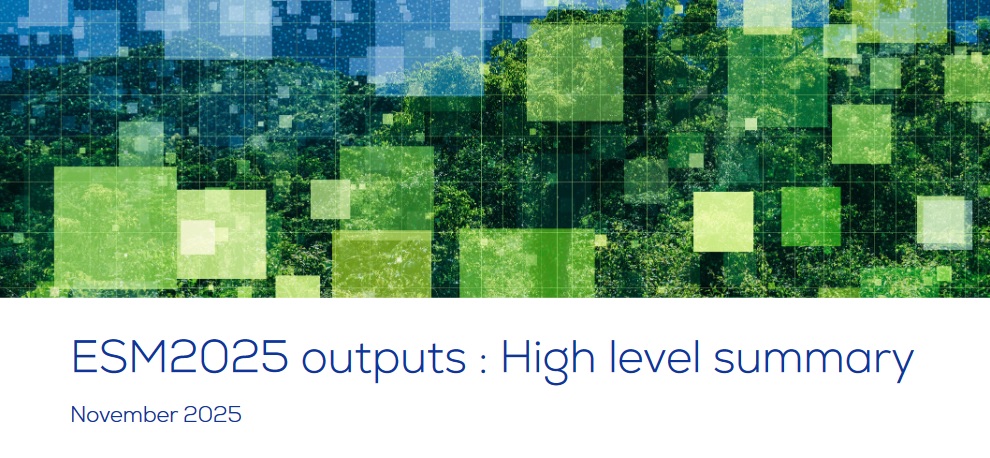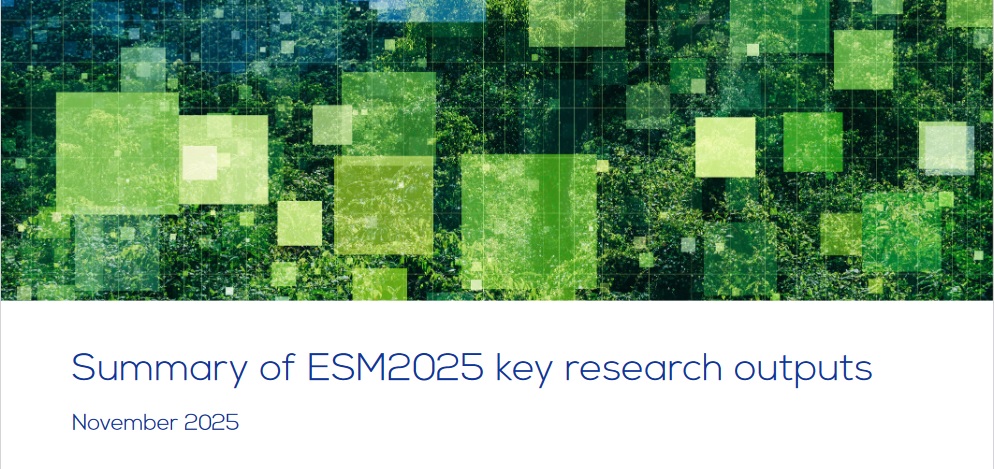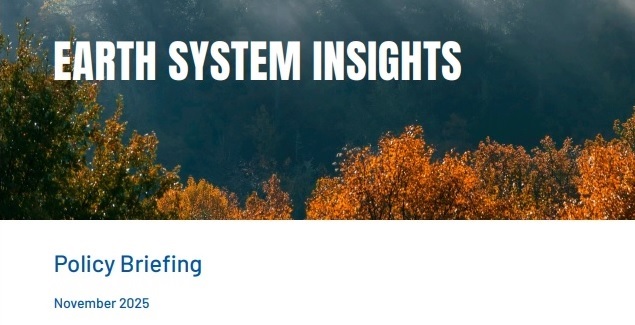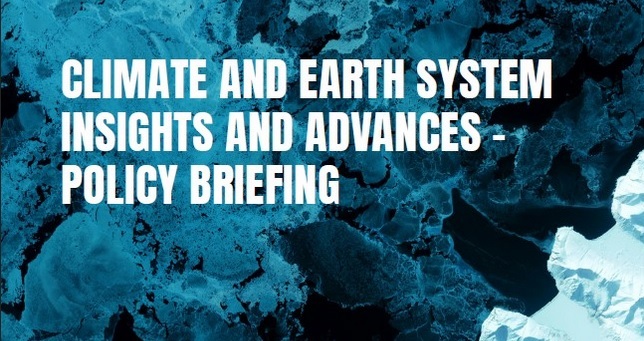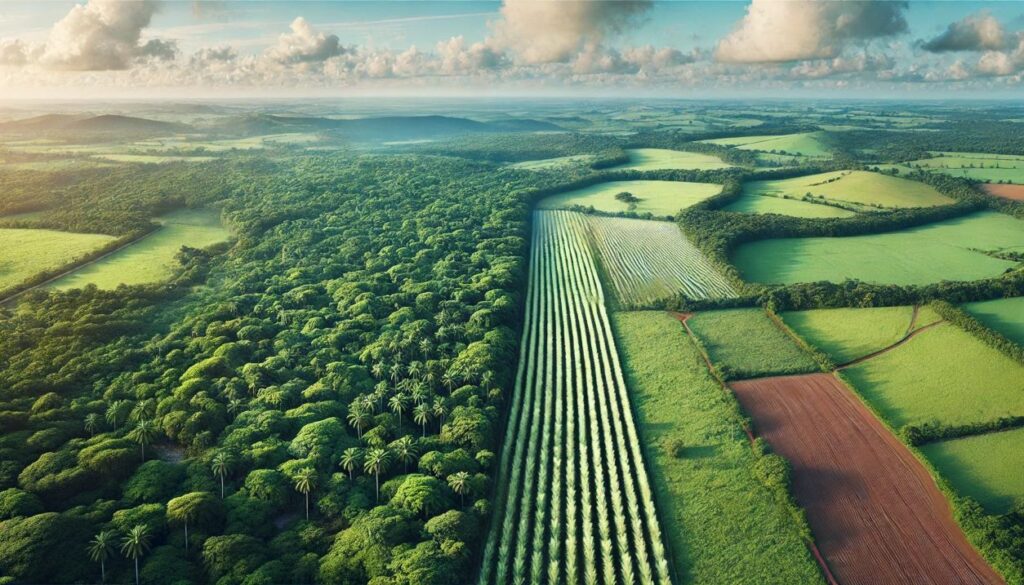A high-level summary of ESM2025 key research outputs and their policy relevance.
Global
A detailed summary of ESM2025 key research outputs and why they matter.
Drawing on work from six Horizon Europe projects (ESM2025, ClimTip, TipESM, OptimESM, nextGEMS and RESCUE) and a third policy forum held in September 2025, this Earth System Insights briefing summarises the latest evidence on how human emissions are changing the climate and what this means for mitigation and risk management.
This briefing explores the questions raised during the second ESM2025 policy forum.
How Earth System Models assess land-based carbon removal (AR, BECCS): carbon-cycle responses, and local climate side-effects; and how Integrated Assessment Models then asses socio-economic constraints that shape decision-ready deployment.
Advancing Climate Innovation with SummarAIser for Knowledge Management In the face of an accelerating climate crisis, the ability to harness and share research effectively is critical to fostering impactful solutions. […]
This article gives an overview of the links between Earth System Models and Integrated Assessment Models (including the role of Simple Climate Models) that shape one of the main frameworks used for producing the data that feed IPCC assessments.
The study focuses on the planning phase of nature-based solutions in cities, in which trade-offs have to be made between different options, such as the design, effectiveness, financial contributions from residents or participatory options. Based on the UPSURGE survey and choice experiment, the aim is to assist public participation processes in various countries, help planning teams define priorities and design governance measures which ensure long-term dedication to development plans.
The Arctic is a political landscape in development, and it is subject to multiple and often competing claims of sovereignty. Although situated at the margins of territorial governance of the Arctic states until recent decades, the region has experienced rapid transformations, not least in its governance arrangements.
Throughout the centuries, people have been keen to find and discover new areas and exploit the natural resources associated with them. According to Margaret Kohn and Kavita Reddy (2017), the term colonialism describes the process of European settlement and political control over the rest of the world, including the Americas, Australia and parts of Africa and Asia.

